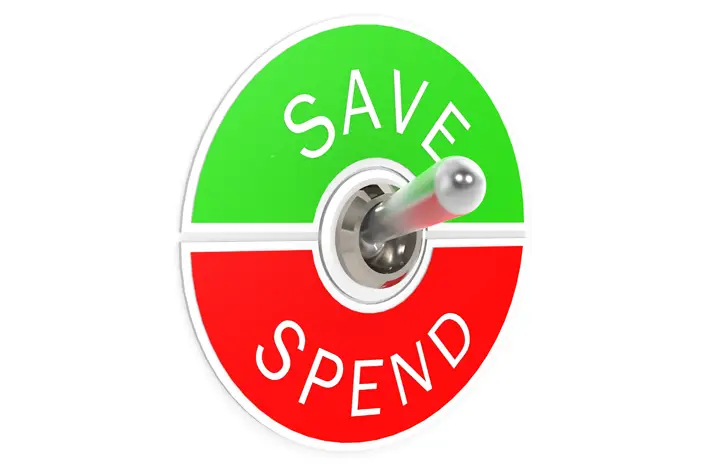8 Ways to Reduce Financial Stress and Improve Mental Health

Do you ever feel like you’re juggling too many things at once? Like you can’t seem to catch a break? You’re not alone. Stress is a part of life, and it’s especially common when it comes to money. But that doesn’t mean you have to put up with it.
In this post, debt relief experts Creditfix breakdown some of the tops ways an individual can reduce financial stress to work towards improving their mental health. Debt problems and mental health issues are often closely connected so its important to keep in mind the professional aid and government support available such as the debt and mental health evidence form.
There are plenty of ways to reduce financial stress and improve your mental health. Check out these tips!
1. Talk to someone about your concerns
If you’re struggling to keep on top of your finances, it can be helpful to talk to someone about your concerns. This could be a friend or family member, or a professional such as a financial advisor or debt counsellor. Talking openly about your worries can help to lessen their burden and may give you some useful insights into how to better manage your finances.
2. Make a budget
One of the best ways to ease financial stress is to create a budget that outlines your income and expenditure. This will help you to see exactly where your money is going and where you may be able to make some cutbacks. Once you have a budget in place, stick to it as closely as possible to help keep your finances on track.
3. Live within your means
If you find yourself regularly spending more than you earn, it’s time to start living within your means. This can help to relieve financial stress and improve your overall mental health. It may mean making some lifestyle changes, such as reducing your spending on non-essentials, or finding ways to boost your income. It can also help to create a budget and stick to it. Living within your means can help you avoid debt and financial difficulties down the road.
4. Keep track of your debts
If you’re struggling to keep up with your payments, it’s important to seek help as soon as possible. There are many organisations and professionals who can assist you with managing your debt. Speaking to a debt counsellor can be a helpful first step, as they can provide you with advice and support on making a plan to repay your debts. It’s also important to keep track of your debts and make sure you’re making regular payments. This can be a stressful task, but there are many helpful resources available to assist you. Taking action to manage your debt can help reduce financial stress and improve your mental health.
5. Prioritise your payments
If you’re struggling to make all of your debt repayments, it’s important to prioritise which debts need to be paid first. Typically, you should focus on repaying debts with the highest interest rates first. This will help save you money in the long run and reduce your overall financial stress. However, it’s also important to consider your mental health when making decisions about repayment priorities. For example, if a particular debt is causing you a lot of anxiety, it may be worth paying that off first, even if it has a lower interest rate. Ultimately, the best approach is to create a plan that minimises both financial and emotional stress.
6. Avoid using credit
Credit can be a useful tool if used wisely, but it can also be a financial trap if you’re not careful. If possible, avoid using credit to fund your lifestyle. This can help to ease financial stress and prevent you from getting into further debt. If you do need to use credit, make sure you only borrow what you can afford to repay and make your repayments on time. By avoiding unnecessary debt, you can help to reduce financial stress and keep your finances manageable.
7. Seek professional help
If your financial stress is starting to affect your mental health, it’s important to seek professional help. This could be from a financial advisor, therapist or counsellor. They can provide you with support and guidance on how to better manage your finances and improve your overall mental health.
8. Take a break
When you’re feeling overwhelmed by financial stress, it can be helpful to take a break from thinking about your finances. This could involve taking some time out to relax and de-stress, or doing something you enjoy that isn’t related to money. It’s important to find a balance between managing your finances and taking care of your mental health.
If you’re struggling to cope with financial stress, it’s important to seek help. There are many helpful resources and professionals available who can assist you. Taking some time to relax and de-stress can also be beneficial. Remember to find a balance between managing your finances and taking care of your mental health.










